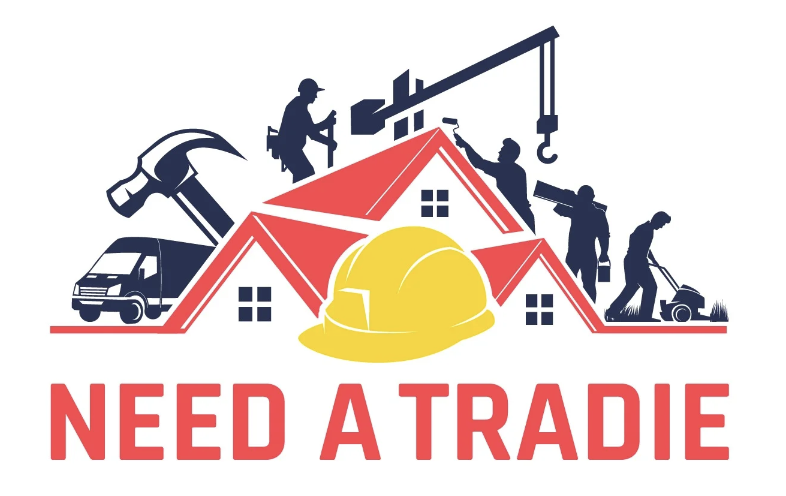The law protects your consumer rights when you buy goods or services. Find out who to contact for consumer protection advice.
You can get help if you’re treated unfairly or when things go wrong. This includes problems with:
Credit and store cards
Faulty goods
Counterfeit goods
Poor service
Contracts
Builders
Rogue traders
You can call a helpline to get advice. They can also refer your complaint to local Trading Standards Officers who may then investigate on your behalf.
England and Wales- Contact Citizens Advice.
Citizens Advice
Telephone: 0808 223 1133
Welsh language: 0808 223 1144
Monday to Friday, 9am to 5pm
Scotland- Contact Advice Direct Scotland
Advice Direct Scotland
Telephone: 0808 164 6000
Monday to Friday, 9am to 5pm
Northern Ireland– Contact Consumerline
Consumerline
Telephone: 0300 123 6262
Monday to Thursday, 9am to 5pm
Friday, 9am to 4pm
Find out about call charges.
Further help
You can also get information about refunds, repairs and making a complaint from Which?.
Complain to an ombudsman
An ombudsman is a person who investigates complaints about organisations for free. They may be able to help you resolve a complaint without going to court. There are different ombudsmen for different industries. You can use the Ombudsman Association to find the right ombudsman for your complaint.
Money advice
You can get free, independent help from MoneyHelper about anything to do with money, for example managing debt.
Buying from an EU country
Contact the Consumer Centre UK for help with problems buying from an EU country.
Consumer Rights- Rep. of Ireland
The Competition and Consumer Protection Commission (CCPC) is an independent statutory body responsible for promoting consumer rights and ensuring compliance with consumer law.
The CCPC offers guidance on various aspects of consumer rights and personal finance, such as purchasing goods, dealing with faulty products, online shopping, pricing regulations, service contracts, mobile phone agreements, buying property, finding legal assistance, avoiding scams, managing flight cancellations, and navigating insurance, banking, and mortgage processes.
The CCPC enforces a broad range of consumer protection laws. These include regulations on deceptive business practices (including those that are unfair, misleading, or aggressive), consumer credit, package holidays, unfair contract terms, timeshares, consumer safety standards, food and textile labelling, unit pricing, and price displays.
Contact
The Competition and Consumer Protection Commission,
Bloom House,
PO Box 12585,
Railway Street,
Dublin 1,
D01 C576
Consumer Helpline: 01 402 5555
Reception: 01 402 5500
Website: ccpc.ie
According to the European Consumer Centre Ireland, Irish property owners who hire builders or tradespeople are protected by the Sale of Goods and Supply of Services Act 1980. It’s crucial to understand your rights before starting a construction, renovation, or repair project. One key step is to use a contract when hiring, as it safeguards both the homeowner and the tradesperson.
Under the Sale of Goods and Supply of Services Act 1980, consumers are entitled to the following when purchasing goods or services:
Goods must be of acceptable quality, considering their purpose, durability, and price.
Goods must match their description; buyers should not be deceived by misleading information from a salesperson or advertisement.
Sale items carry the same rights as full-priced goods.
When you have a service contract with a tradesperson or builder, you can expect:
The provider to have the necessary skills to perform the service.
The service to be delivered with proper care and attention.
The materials used to be sound, and the supplied goods to be of acceptable quality.
If there is an issue with a purchased item, the seller is responsible for resolving it. Typically, the seller can repair or replace the item, or offer a refund.
In case of problems with a home improvement or building project, the following steps are recommended:
File a formal complaint with the tradesperson or builder in writing, and send it by registered mail for proof of delivery. Include copies of contracts, receipts, and other relevant documents.
Request that the issue be corrected, citing your rights.
Keep a detailed record of all follow-up communications.
If the issue remains unresolved, report the tradesperson or builder to the relevant regulatory bodies, trade associations, and, if applicable, onlinetradesmen.ie.
If necessary, hire a professional (like a surveyor or engineer) to provide a report supporting your claims.
Should you need to pursue legal action against a tradesperson or builder, you have the following options:
Small Claims Court: This court handles disputes up to €2,000, including issues with faulty goods or poor workmanship, provided the goods or services were purchased for private use.
Further Legal Action: For claims exceeding €2,000, it’s advisable to seek guidance from a qualified solicitor to explore additional legal options.
The Small Claims procedure also covers minor property damage cases.

